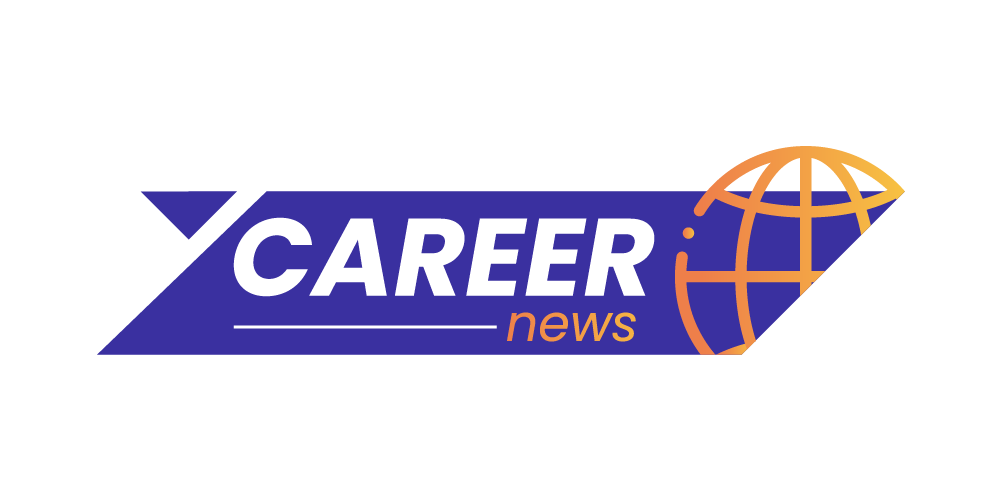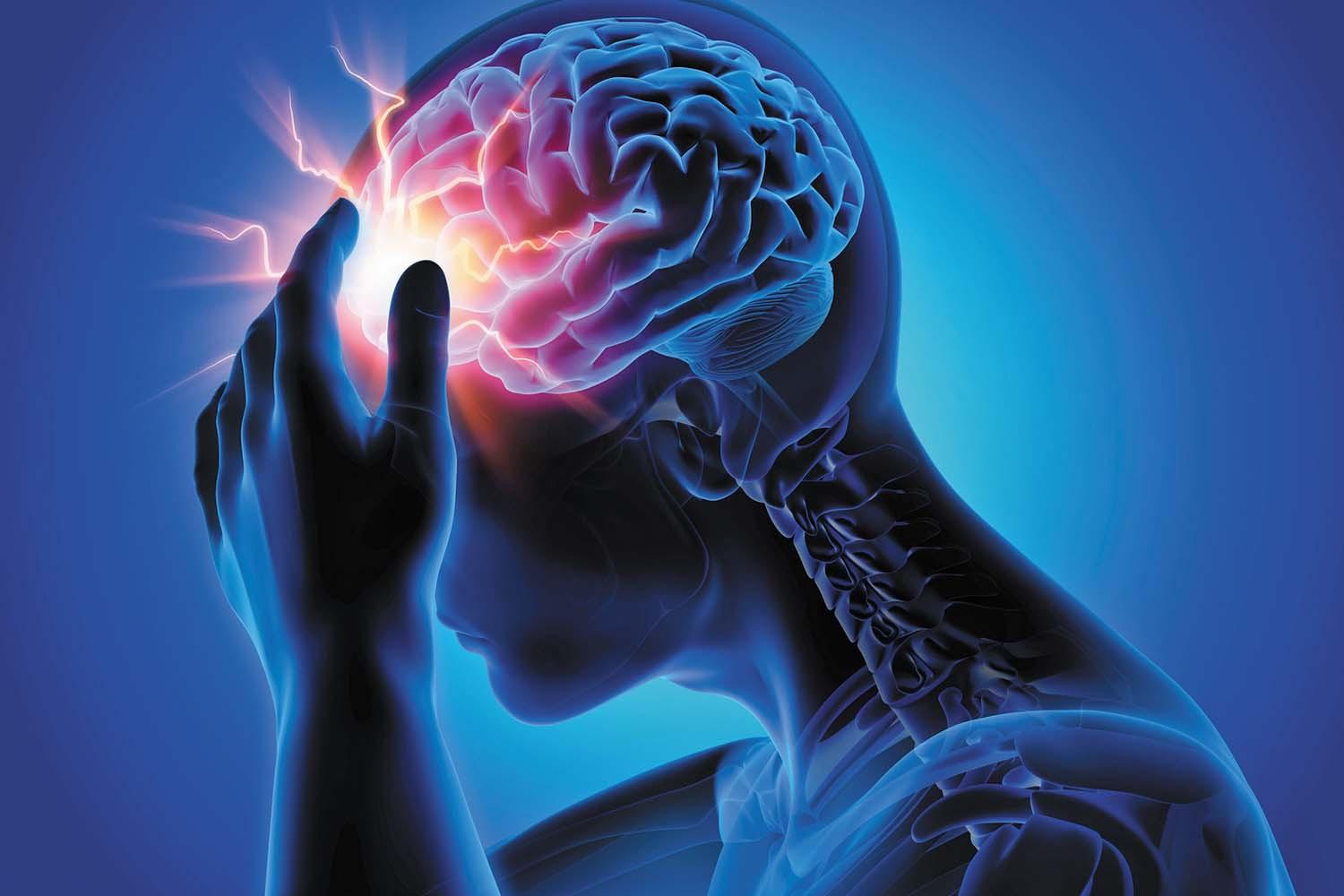
Top 7 reasons you have a headache

When a bad headache strikes, you just want it to end. The aching, throbbing pain can be debilitating and result in missed appointments, work, or time with family and friends.
Regardless of whether you are prone to migraines, tension headaches, or cluster headaches (see "Is this your headache?"), you may be able to reduce their frequency by identifying what brings them on. Here's a look at the most common triggers for each of these kinds of headaches.
Stress
Stress can cause tight muscles in the shoulders and neck, which often leads to tension headaches. When tension headaches become frequent, the pain in shoulder and neck muscles is felt by the brain as pain in the head.
Hunger itself can trigger a migraine or tension headache. But eating certain foods may trigger migraines. It could be just one type of food — like beans or nuts — or many foods, such as avocados, bananas, cheese, chocolate, citrus, herring, dairy products, and onions. Processed foods with nitrites, nitrates, yellow food dyes, or monosodium glutamate can be especially problematic.
Alcohol intake
Alcohol is a common migraine trigger. For some people, a few ounces of red wine are all it takes to provoke a headache, although any kind of alcohol can be a trigger. It's not clear if the alcohol itself is to blame or if another component in the drink causes the problem.
Environment
Environmental factors such as bright light, smoke, humidity, intense scents, or cold weather are associated with migraine headaches. People with cluster headaches often note that their headaches occur with specific seasonal changes.
Hormones
Changes in estrogen levels are associated with migraines in women, and women suffer from migraines more often than men. Menstrual cycles may be tied to migraine in younger women. Varying estrogen levels during perimenopause can sometimes start migraines in women who never experienced them before. Estrogen therapy may also be a migraine trigger. Menopause does seem to end migraines in most women.
Caffeine withdrawal
If you normally consume caffeine in coffee or tea, stopping intake abruptly may trigger a migraine. This may be because caffeine causes blood vessels to constrict; without caffeine, the blood vessels widen and bulge out with each heartbeat — a chief reason for the pounding pain of migraines.
Lack of sleep
A lack of sleep is associated with migraines and tension headaches. For people with migraine, falling asleep can often stop an attack or at least decrease the severity of pain.
Is this your headache?
Here are three common types of headaches and their symptoms.
- Tension headache. Pain often starts in the neck and back and works its way up to feel like a tight band around your head. It often goes away with rest.
- Migraine headache. Pain typically begins on one side of the head, throbs or pounds, and makes you sensitive to light and sound. It may cause nausea. A migraine can last for hours or days.
- Cluster headache. A cluster headache feels like a stabbing pain in the eye. It may cause eye tearing or redness, runny nose, or nasal congestion. It may last for a few minutes or hours, go away, and come back several times per day. These headache clusters can occur for months, disappear, and reappear a long time later.
What you can do
Understanding your headache triggers can help you avoid getting headaches in the future. But identifying triggers can be tricky, especially if you have more than one (like several kinds of food). Try keeping a diary to note the day, time, symptoms, and circumstances surrounding a headache (what had you eaten? where did it happen?).
If avoiding triggers isn't enough to keep headaches at bay, talk to your doctor. There are many prescription medications as well as pill-free treatments (acupuncture, meditation, biofeedback, relaxation therapy) that can help reduce headache frequency.
And you'll need to go a step further: Make sure you get enough sleep, exercise, eat a healthy diet, limit alcohol intake, and reduce stress. Headaches are a condition of hypersensitivity, so you need balance in your system to fight triggers.
Image: © peterschreiber.media/Getty Images
Link nội dung: https://career.edu.vn/he-suffers-headaches-a42239.html